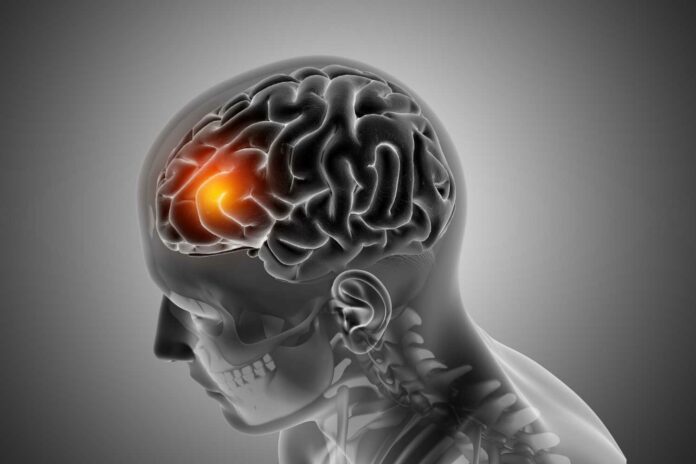Researchers funded by the National Stem Cell Foundation (NSCF) are utilizing the microgravity environment of the International Space Station (ISS) to study neurodegenerative disorders such as Parkinson’s disease and primary progressive multiple sclerosis (PPMS).
As part of an ISS National Laboratory®-sponsored investigation on Axiom Space’s third private astronaut mission, the researchers aim to understand and model the causes of these diseases. The study will focus on analyzing tissue changes within stem cell-derived brain organoids to identify the origins of inflammation in the brain, a factor linked to neurodegenerative diseases. The mission marks NSCF’s fifth flight to the ISS.
In their efforts, NSCF will send human brain organoids derived from patients with two distinct degenerative brain diseases—Parkinson’s and PPMS—to the ISS. The data collected from this spaceflight is crucial in advancing understanding and potentially identifying new avenues for addressing neurodegenerative disorders.
Scientists noted, “We send research to space because we can see the cells interacting in ways that are not possible on Earth. By adding microglia, we can see where inflammation begins in those processes.”
NSCF CEO Paula Grisanti says, “Findings from the investigation will inform the foundation’s next mission set to launch in March. Both flights involve organoids created from induced pluripotent stem cells (IPSCs) from affected patients. Approximately 80 organoids will be studied over the two-week mission before being returned to Earth and NSCF for further analysis.”
“The absence of gravity acts as an accelerator, speeding up the aging process we see here on Earth. We turn to space because cells mature more quickly in microgravity,” she said. “This means we can see the same changes in cells in a matter of weeks or months in microgravity that might take years to see on the ground.”
A subsequent investigation will fly on SpaceX’s 30th Commercial Resupply Services (CRS) mission, scheduled for launch in March. For this mission, organoids from patients with Alzheimer’s disease will be included, and all three sets of cells (Parkinson’s, PPMS, and Alzheimer’s) will be studied over a month. The findings from these investigations are expected to contribute valuable insights to drug discovery and aid in assessing novel therapeutics for treating neurodegenerative diseases in clinical trials.
Grisanti said, “By developing human organoids of neurodegenerative diseases, with microglia in the accelerated environment of microgravity, we have added an important new tool and a new way of looking at and understanding how and why neurodegeneration occurs.”
